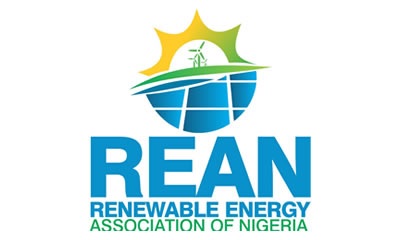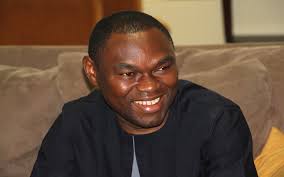100m Nigerians are not connected to national grid, says REAN

The Renewable Energy Association of Nigeria (REAN) has disclosed that not less than 100 million Nigerians’ are still not connected to the national grid.
Speaking in an exclusive interview with The Daily Times over the weekend, President of REAN, Mr Segun Adaju called for a holistic way of getting unconnected Nigerians to the national grid.
He explained that in spite of the several grids that have been deployed in rural areas that are completely off the grid by members of REAN, a lot still needs to be done to get Nigerians power.
Asaju says REAN has influenced a lot of policy frameworks for the betterment of Nigerians in the renewable energy sector, adding that energy solar has been able to attract not less than $9 million worth investments to the Nigerian solar energy space
“Of course we have seen many grids that are deployed in rural areas. Several grids have been set up by our members in rural areas where there is no grid(completely off-grid location).
Everybody needs energy It is also viable. I think that is one of the fastest ways we can improve the access of many Nigerians to energy.
100 million people are not connected to the national grid. We have to look for holistic means of getting them power
“We have influenced a lot of policy framework that is in place, starting from Nigerian renewable energy efficiency programme that got the nod of the Federal Government of Nigeria in 2015.
So, we have influenced a lot of policy framework. Secondly, our members have also developed so many projects. We have rural electrification programmes.
We have commercial and industrial solar. The solar system has been able to get a good name in Nigeria because of the efforts of our members.”
Finally, we have encouraged local production. We have two or three of our members who are assembling solar panels in Nigeria.
I think our engagement in this space has helped the industry to see progress”, he said
On what he considers the threat to the growth of the renewable energy sector, Asaju explains that a conducive environment for business to thrive still needs to be created, adding that substandard products must be done away with for the progress recorded in the sector not to be eroded.
“The enabling environment to do business is a major issue. Then, finance is another issue. We need to improve investment and encourage investors to come to Nigeria.
Thirdly, I can say standard. We need to push out substandard products from the Nigerian market so they don’t kill the little progress we have achieved,” he said.
Speaking on the current contribution of renewable to the national energy mix and how close Nigeria is getting to the 40 per cent target by 2030, Adaju said: “We need to gather the facts to ascertain that.
I can’t give a figure right now but I know there has been a lot of improvements between 2012 and now. Our members are also doing a lot to ensure that we achieve that.”








